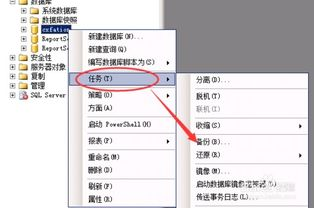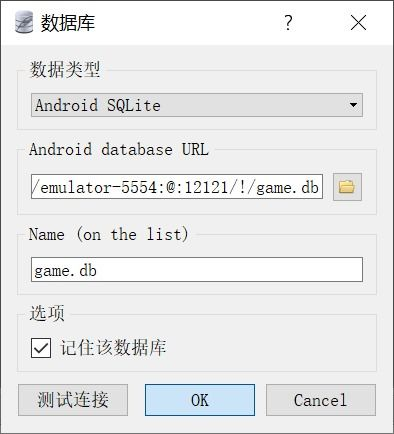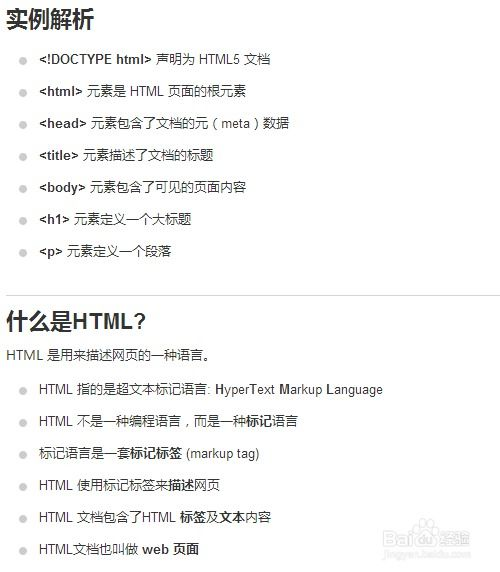ASP.NET Special Character Filtering to Prevent SQL Blind Injection
Understanding SQL Blind Injection
SQL blind injection is a type of security vulnerability that allows an attacker to interfere with the queries an application makes to its database. Unlike regular SQL injection, where the attacker returns data from the database, blind injection forces the attacker to infer the data by observing the application's behavior. This makes it crucial for developers to implement robust filtering mechanisms against special characters that could manipulate SQL queries.
Importance of Special Character Filtering
The significance of filtering special characters lies in its ability to prevent unauthorized access and manipulation of the database. Attackers often exploit special characters like single quotes ('
), double quotes ("
), semicolons (;
), and others to craft malicious queries. Filtering these characters ensures that only expected inputs reach the database layer. In ASP.NET applications, implementing parameterized queries combined with proper input validation can significantly reduce the risk of SQL blind injection.
Effective Methods for Filtering Special Characters in ASP.NET
There are various techniques to filter special characters in ASP.NET which include the following:
- Parameterized Queries: Using parameterized queries is one of the most effective ways to prevent SQL injection. By separating the query structure from the data, it ensures that user inputs are treated as literal values rather than executable code.
- Input Validation: Validate user inputs against a set of known valid patterns. This can be achieved through regular expressions or input controls to ensure only allowed characters are processed.
- Library Solutions: ASP.NET includes various libraries for input and output encoding. Utilizing libraries like AntiXSS can help sanitize user inputs, thus preventing special characters from causing harm.
For instance, using SqlCommand instead of concatenating SQL strings can mitigate risks effectively:
using(SqlCommand cmd = new SqlCommand("SELECT FROM Users WHERE Username = @username", conn)) { cmd.Parameters.AddWithValue("@username", inputUsername); }
For example:
if(!Regex.IsMatch(userInput, @"^[a-zA-Z0-9]$")) { throw new ArgumentException("Invalid input"); }






